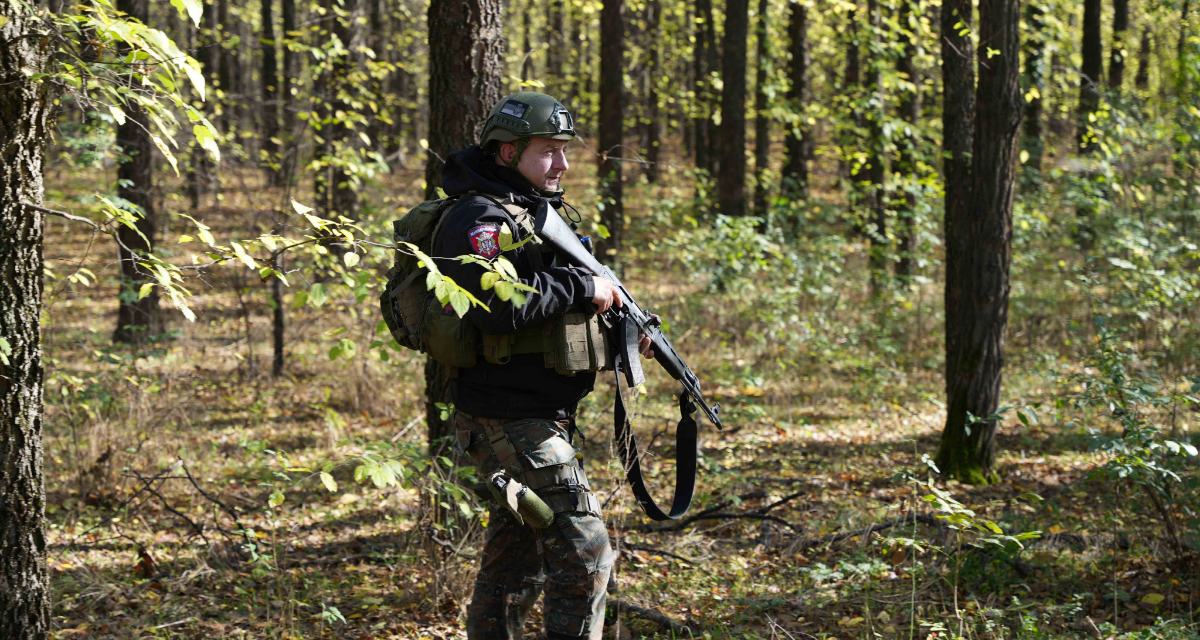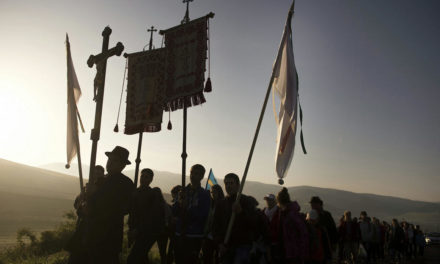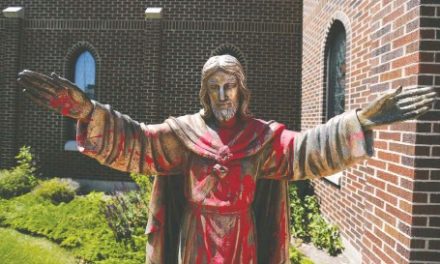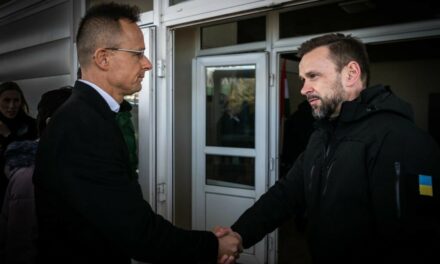The most important task is to track down the organized criminal gangs involved in human trafficking, because this is the most important link in the organizational chains involved in the smuggling of illegal immigrants - stressed Serbian Interior Minister Bratislav Gasic in Horgos, Vojvodina, where three people lost their lives the other day in a shootout between human traffickers.
According to the announcement of the Serbian Ministry of the Interior on Monday, Bratislav Gasic discussed the next step in the eradication of illegal migration with his colleagues in Horgos, near the Hungarian border, during the night. As he said: in addition to eavesdropping on human traffickers, it is also important to search for warehouses where criminal gangs hide their weapons.
He pointed out that the employees of the Ministry of the Interior are working day and night to prevent illegal immigrants from entering Serbia from Bulgaria and North Macedonia, as well as to catch migrants near the Hungarian border.
"We are a humane and hospitable country, but we will not be the ground for the showdown of those who abuse this hospitality," he underlined.
At the end of October, hundreds of Serbian policemen marched to the Serbian-Hungarian border and to the nearby settlements after an armed showdown between migrants that resulted in deaths. The Serbian interior minister said at the time that the police will not rest until they track down all the migrants involved in the incidents, shootings and crimes, and that they will do everything they can to crack down on illegal immigration.
Today, uniformed officers equipped with machine guns check motorists in Serbia in settlements along the Hungarian border.
At the established checkpoints, all vehicles are thoroughly inspected, especially trucks and their cargo spaces. Illegal migrants often hide there, hoping that they can get to the European Union this way.
The Serbian authorities set up checkpoints less than ten kilometers from the Hungarian border. Police officers with machine guns check the cars, trucks and other vehicles passing here. This is how they try to prevent the migrants transported to southern Serbia from returning to the border settlements or near the Serbian-Hungarian border.
"Life here was like in a ghetto. Many migrants gathered. They completely turned our lives upside down. The area was particularly dangerous at night," complained a man from Zombor, Hiradó.hu reported.
According to Monday's statement, in the last two weeks, police officers have arrested 4,931 migrants in the areas of Szabadka, Zombor, Nagykikinda in Vojvodina and Pirot in southern Serbia, as well as nine assault rifles, five pistols, more than 1,600 pieces of ammunition, hundreds of passports and a small amount of drugs. they found During the operation, eight people were arrested for human trafficking, and another 190 were detained for various crimes.
Since the Serbian authorities do not deport those they apprehend, they only transport them back from the northern border of the country to the southern border, the migrants often set off again and reach the Hungarian border a few days later, where they again attempt to enter the European Union.
In the long term, the fact that the Taliban government decides who can enter the European Union poses an internal security threat with serious consequences for Europeans.
The prime minister's chief adviser on internal security spoke about this on M1. György Bakondi said: the latest negative aspect of illegal immigration is that the Taliban government has taken control of the Afghan human trafficking gangs.
He added: since 2015, it has been clear that terrorism is connected to migration, which is why the government views migration as a security policy issue.
Hiradó.hu
MTI
Cover image: Uniformed soldiers with machine guns check everything along the border
Source: Ministry of the Interior of Serbia













